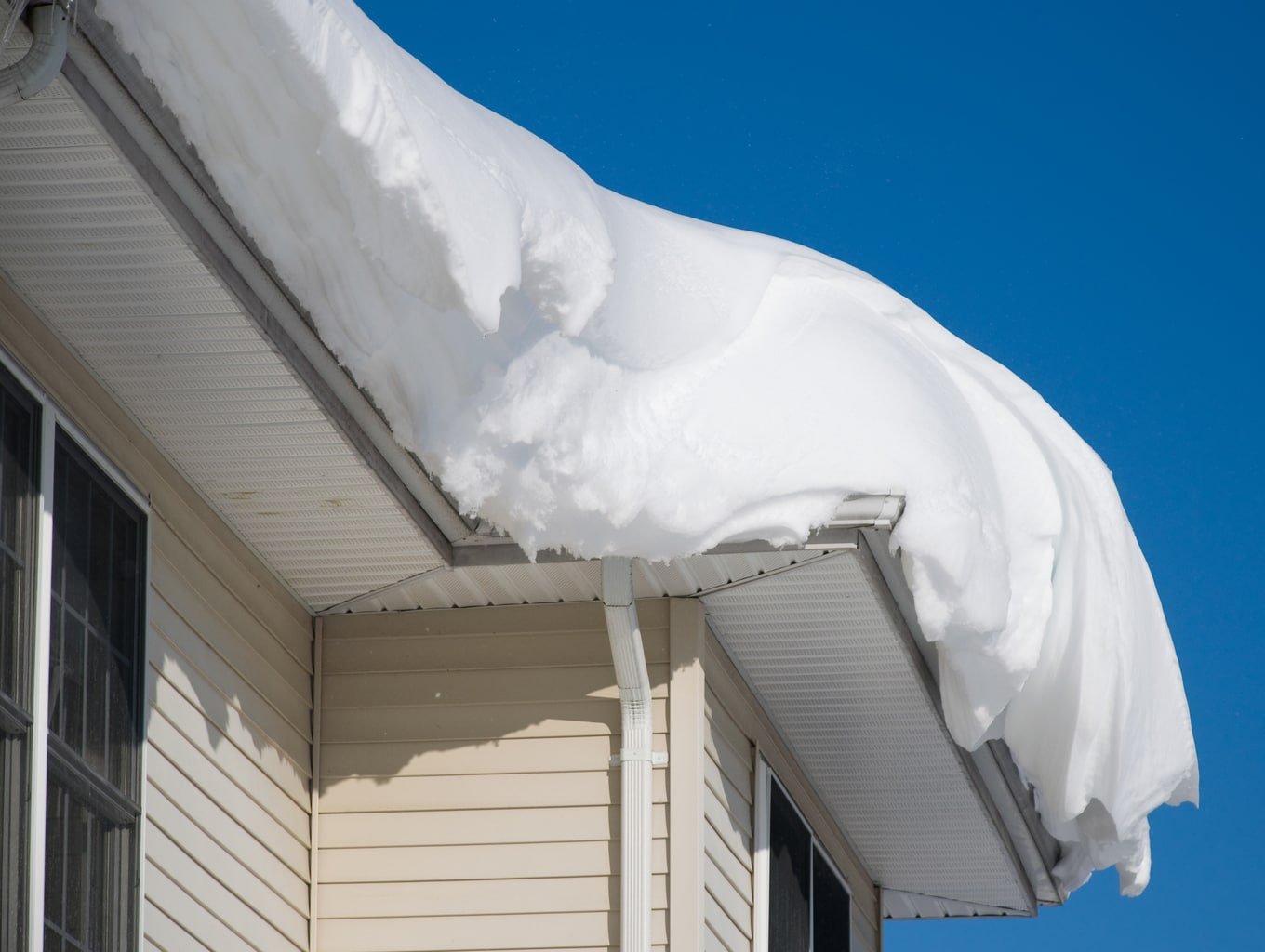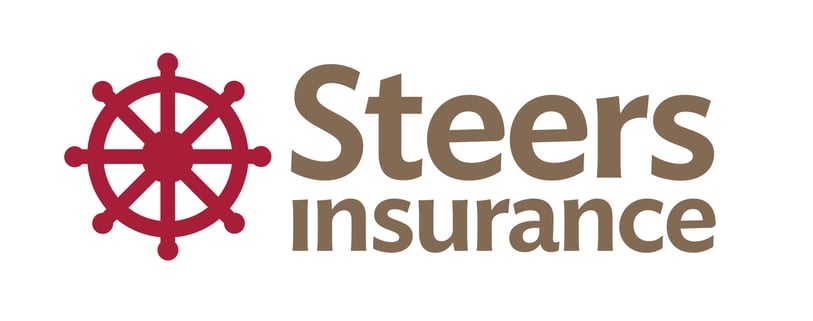
With the recent weather that’s hit Atlantic Canada, we’re dealing with larger and larger piles of snow and ice. With that comes some potential hazards and risk of damage to your property. Below we’ve outlined some tips for safe snow removal around your property, but first let’s look at coverage.
Repeated and heavy snowfall can cause snow to accumulate on the roof, which increases the risk that the roof will collapse and cause structural damage to your home and property damage to your personal belongings. Most home insurance policies will cover snow damage to the structure of your home including—for example—roof collapse caused by the weight of accumulated snow or ice dams that block your gutters and cause water to leak into your attic. Damage to your personal property is likely covered as well but you may need to refer to your home insurance policy wording for the specifics.
What about snow and ice on my roof?
The National Research Council of Canada suggests a roof should be able to support a minimum snow load of 21 pounds/sq ft. (Source). Roofs are built to handle snow and ice loads higher than this, but to give you an idea of how much snow weighs, here are some numbers:
- Light snow: 5 to 20 pounds/square foot
- Packed snow: 20 to 40 pounds/square foot
- Packed snow and ice: 40 to 58 pounds/square foot
- Ice: 58 pounds/square foot
If your flat roof is easily accessible from an interior stairway, you may want to shovel the roof, but be careful not to damage the roof covering. Make sure you can safely access the roof and stay a safe distance from the edge while you work. Better yet, consider hiring a professional to clear the roof.
It may be possible to remove the snow and ice from your sloped roof using a roof rake – a long-handled tool designed specifically for this purpose. Stand on the ground and pull as much of the snow off the eaves as you can safely reach. (source) Work with someone so they can provide assistance and look out for hazards, and do not climb onto your roof to remove snow - this could lead to serious injury. Definitely don’t use sharp tools and harsh chemicals which could lead to other damage.
My deck is full of snow as well
Decks are built to hold heavy loads, a general rule of thumb is not to worry about the load until the snow exceeds 3 feet (source).
Clear an exit path from your door, in the event of an emergency. Both back and front. If your deck is wooden, use a plastic shovel to avoid damages caused by metal shovels. Avoid chopping ice on your wood deck, this can lead to further damages.
Vents and Lines
Always ensure your vents and lines are cleared after a snowfall. Keep an eye on outdoor vents, gas meters and chimneys for ice or snow buildup. Abnormal snow and ice build-up may block gas appliance exhaust and combustion air vents (especially those side wall vents exiting close to ground level) causing appliance failure as well as possible buildup of carbon monoxide. (source) (ensure a carbon monoxide monitor is functioning in your home.)
Heat Pumps
If you have a heat pump you should always check to ensure no snow or ice is blocking it from operating properly. We recommend gently clearing your unit with a brush or a broom, rather than a shovel and risk damaging the unit.
When it comes to winter weather, it’s always best to exercise caution. Ensure you’re being safe when removing snow, and be proactive in checking areas of your property where snow can get trapped.
If you have questions about your insurance policy and if you are covered in the event of snow related damages, reach out! Our friendly and knowledgeable Steers brokers are always available to answer any questions you may have.


 ;
;
 ;
;
 ;
;
 ;
;
 ;
;
 ;
;
 ;
;

